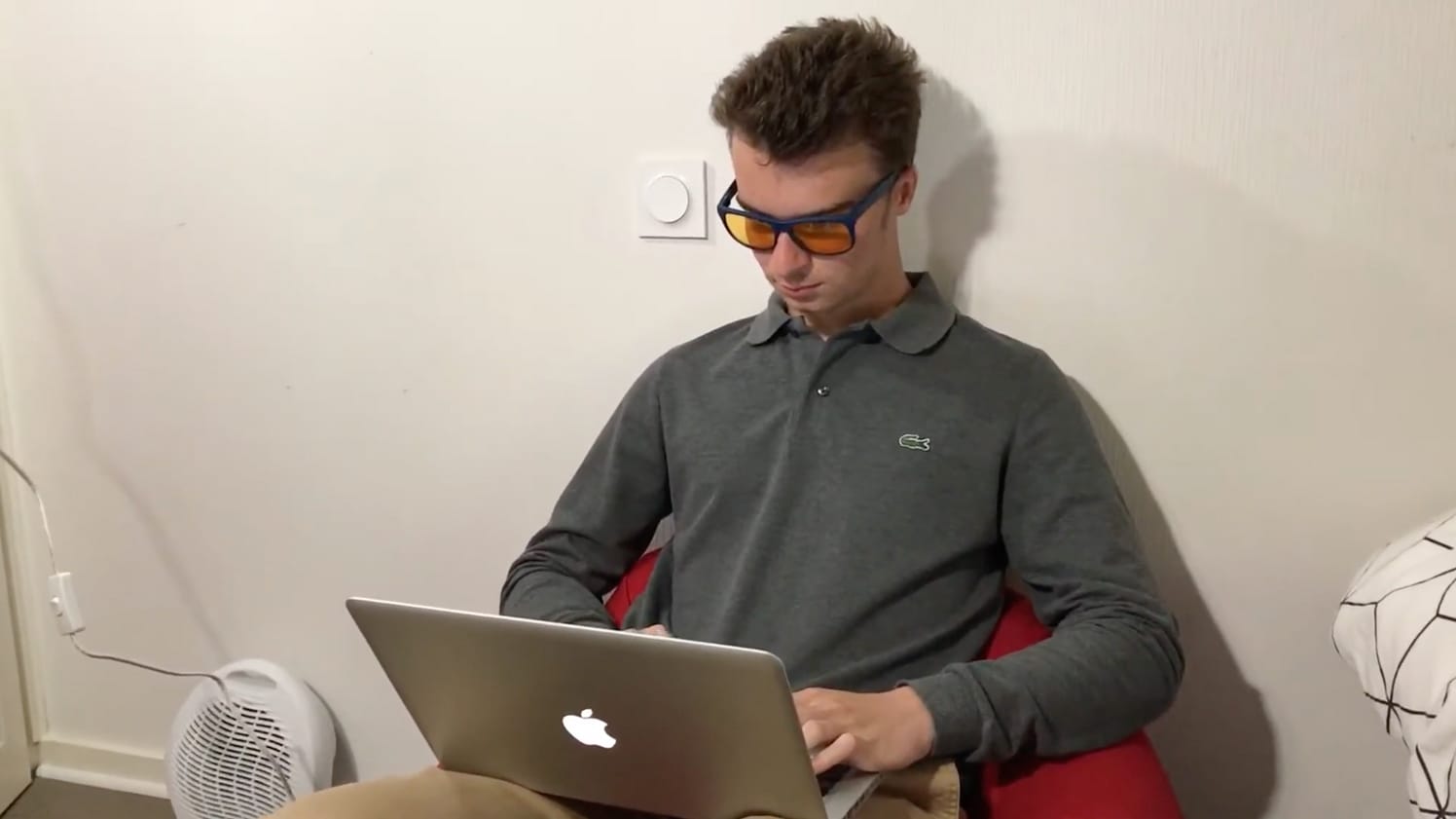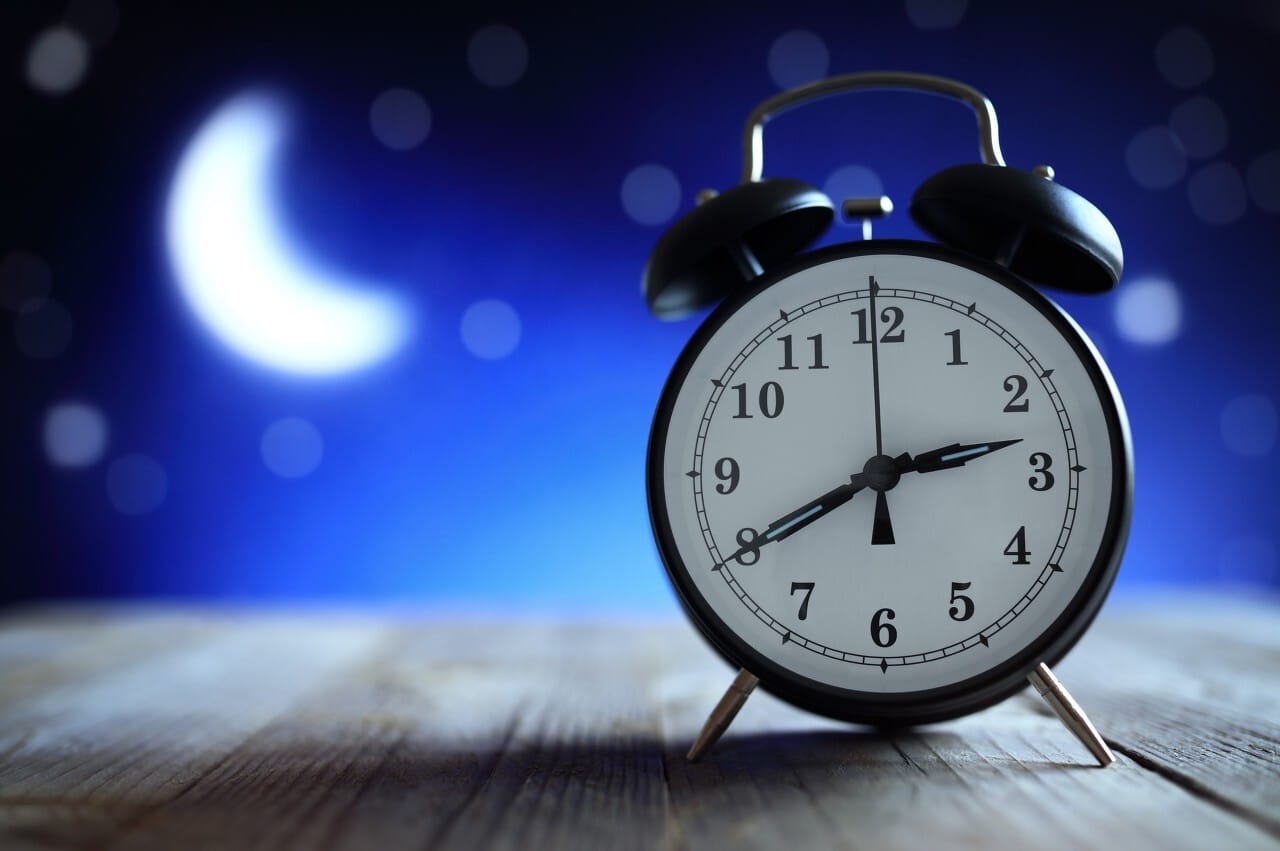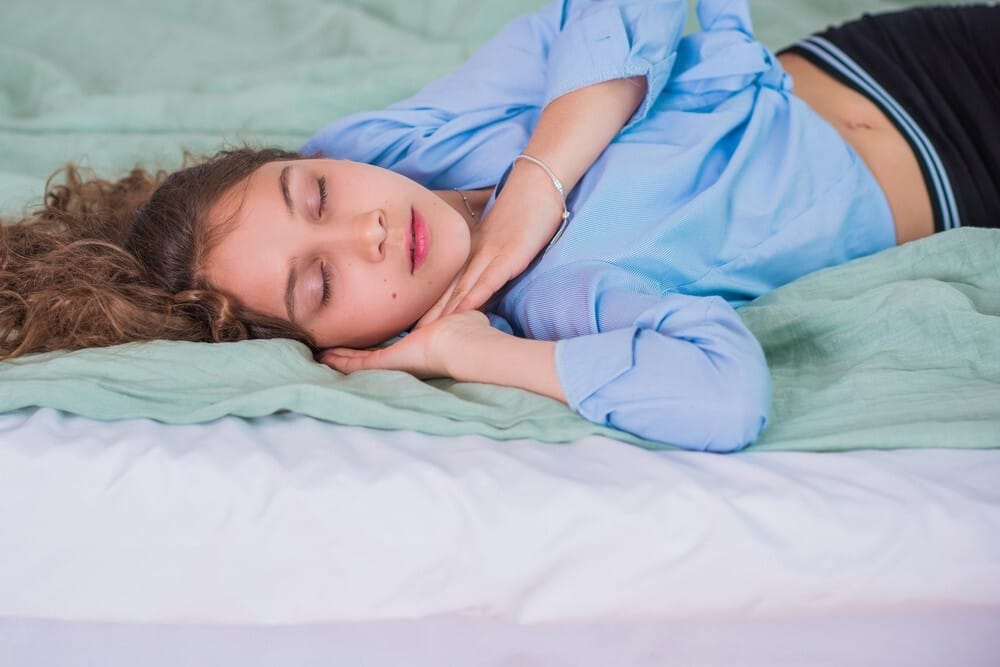
Retrouvez un sommeil totalement naturel!
L'insomnie et les troubles du sommeil appartiennent au passé avec les lunettes GoodNight.
Comment cela fonctionne?
L'insomnie et les troubles du sommeil appartiennent au passé avec les lunettes GoodNight.
Comment cela fonctionne?Si vous portez vos lunettes GoodNight pendant deux heures avant d'aller vous coucher, vous pouvez regarder la télévision, regarder un film sur votre tablette, travailler sur votre ordinateur ou consulter vos e-mails sur un smartphone sans impact négatif sur votre sommeil.
Des questions?

89.00 CHF
Le prix comprend la TVA (Suisse et France), la livraison dans le monde entier ainsi que l'assurance

Pour le Marathon des Jeux Olympiques de Rio, j’ai eu la chance de pouvoir gérer mon jetlag et la qualité de mon sommeil avec la lunette GoodNight. Cela m’a permis d’aborder ma course dans les meilleures conditions.

Insomniaque et accro aux somnifères depuis de nombreuses années, j'ai eu la chance de pouvoir tester les lunettes GoodNight. Depuis, je revis. C'est fantastique. Merci GoodNight !

Grâce aux lunettes GoodNight, ma fille de 9 ans s'endort paisiblement en quelque 10 minutes. C’est un immense soulagement. Car, avant de pouvoir bénéficier de ces lunettes, elle ne s’endormait qu’après une heure et demie ou deux heures. GoodNight a vraiment changé notre vie.